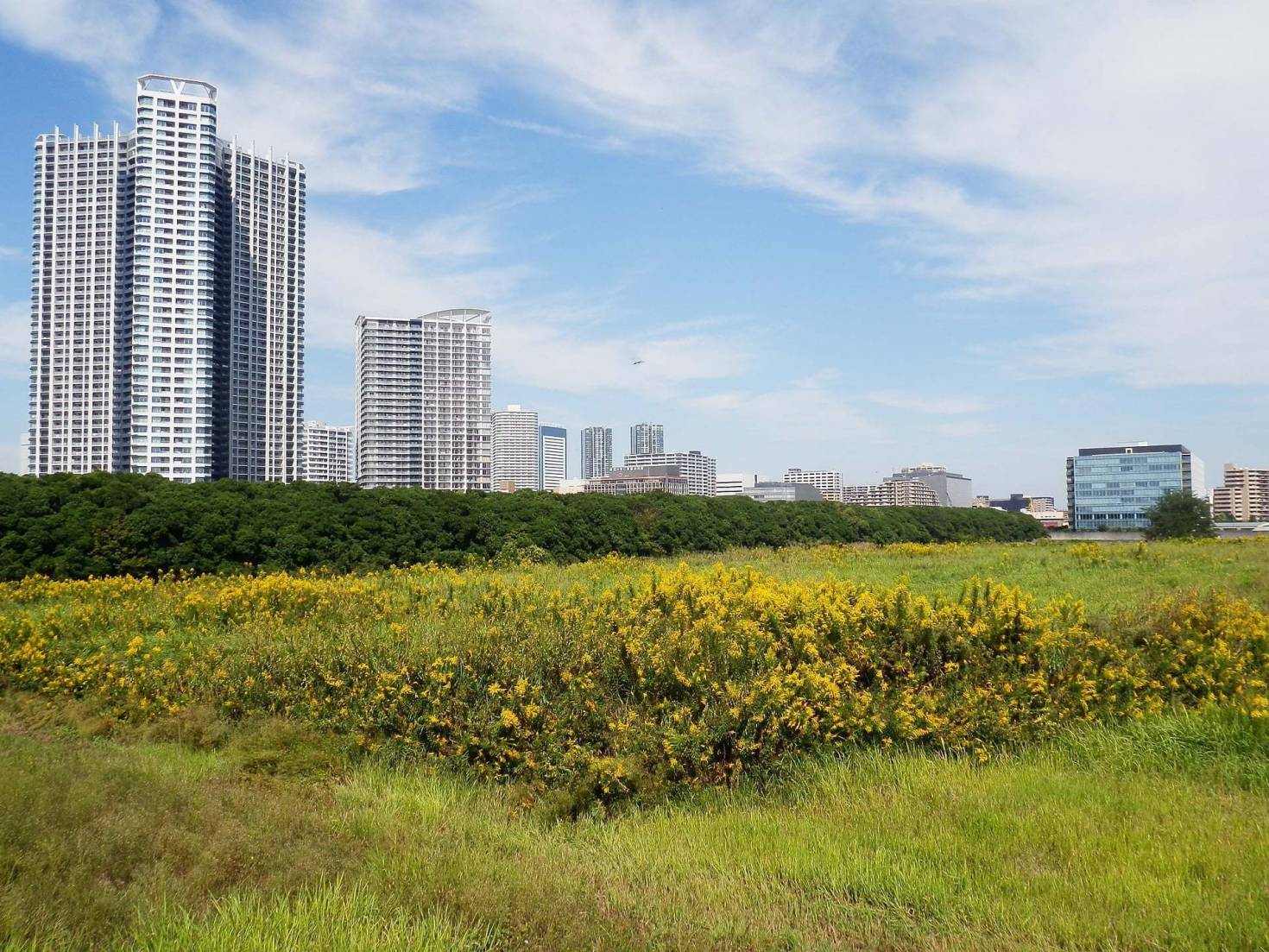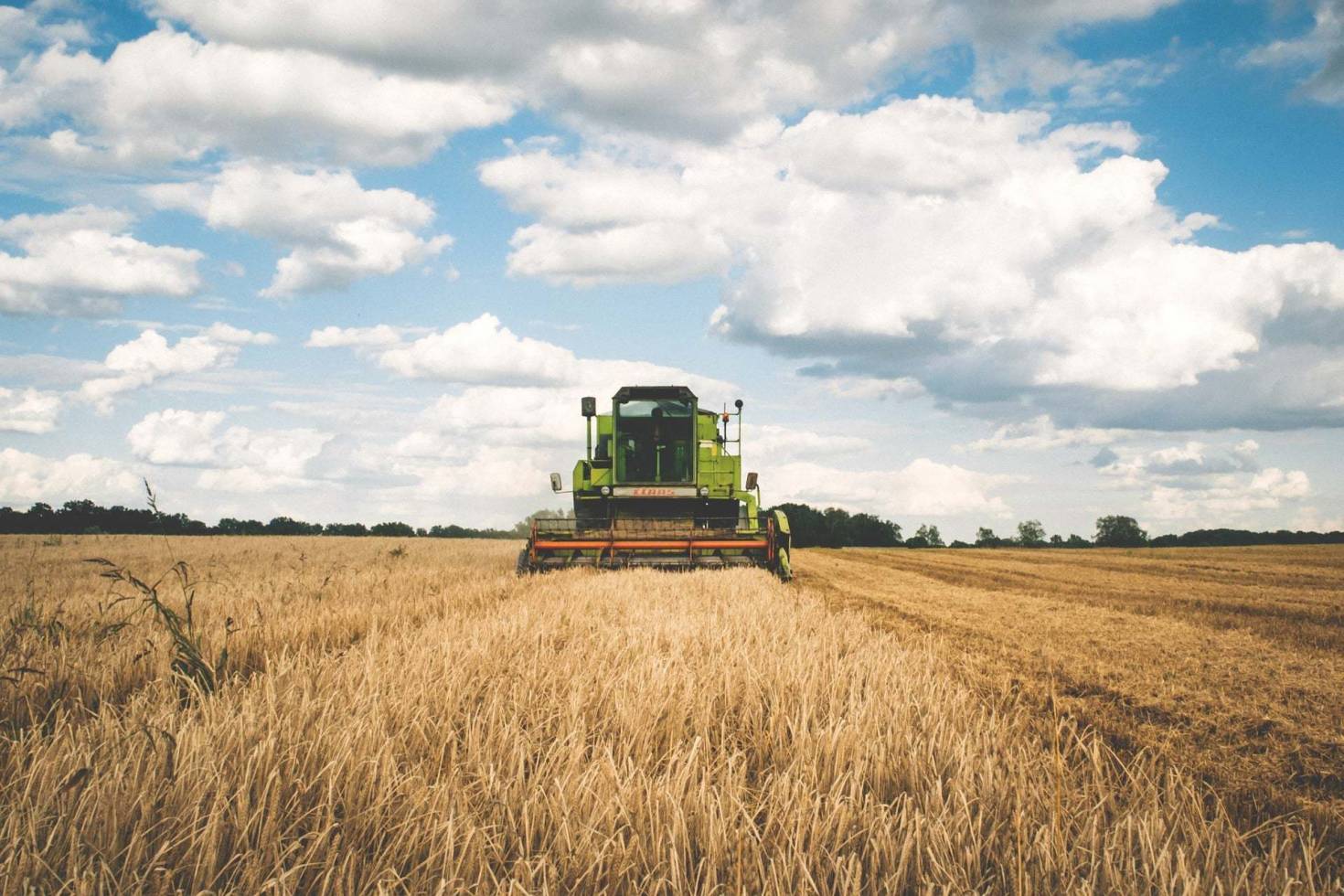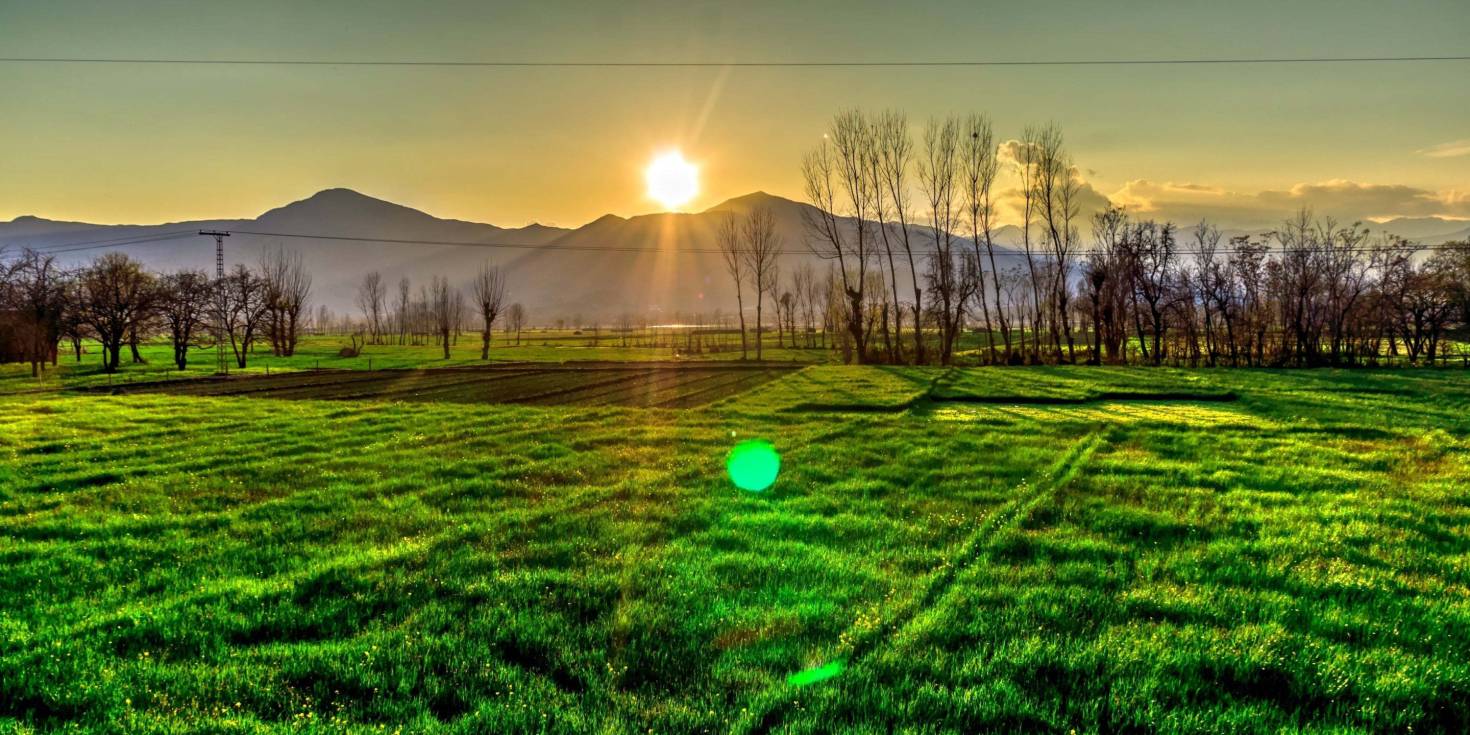Whether you're looking to build a business, find some hunting land, or invest in a farming operation, an important question will come up. Am I better off buying or leasing the property?
The answer is the old inexact response...it depends. There are many factors to consider when making the decision to lease or buy. On the bright side, once you take these factors into consideration, you can feel satisfied you’ve made the right choice.
What do you need the land for?
This may seem obvious, but it’s necessary. To determine whether to lease or buy the land, you first need to be clear on what you're going to do with the land. There are several common situations where people might lease land.
- Hunting
- Farming
- Building an office
- Building a residence
- Placing a mobile home
Your objective and goals for the property will guide you in other factors you should consider. Want to learn more about different land uses? Read our article on understanding land uses and property types.
It could be that the land type doesn't lend itself well to leasing for various reasons. To learn more about cheap land, check out our post highlighting the cheapest land in the United States.
How long do you foresee using the property?
The time you plan on occupying the land is one of the elements that should significantly impact your decision. As a general rule, if you're not planning on using the land for a long period of time, leasing will make more sense. If you intend on using it for a long time, buying it may make more sense. The key is to do the math and find out what will be most beneficial for you. Each property will vary, so compare the costs of leasing versus buying for the estimated length of time and see what you come up with.

Leasing Pluses
- Leases are more flexible and short-term. Leases can be renegotiated when it’s time to renew them. If your business has grown and you need something different you can terminate the lease and move on to a property that better meets your needs.
- Less capital is tied up. Leasing saves you from having to make a large down payment, as well principal and interest payments from purchasing. The average down payment for land can range from 20%-50% of the purchase price. This is money you can invest in your business.
- Leasing has tax benefits. Lease payments are considered to be operating expenses and you can deduct them on your income tax statements reducing the amount of taxes you have to pay. The property taxes revert back to the landowners unless the lease states otherwise.
Leasing Minuses
- There is a hesitancy to make improvements to leased land. This applies to the owner and the tenant. To the landlord, adding something to the property may limit a future lessee's options. The tenant is reluctant because he does not actually own the land, meaning what happens to land in the future is out of his control.
- If you don’t own, you don’t accumulate equity, and it’s harder to raise capital from investors. When the land appreciates, the business won't benefit from it. You can't sell the asset you’ve been making payments towards when you're done using it.
- There's uncertainty associated with leasing property. What will the owner decide to do with land in the future? Will my lease payments go up when it's time to renew? How much free reign do I have on the property to improve it? How far do my rights reach?

Owning Pluses
- Buying helps the owner gain peace of mind. It’s your land, except for zoning and other types of legal restrictions, you can do whatever you want with it. The decisions are yours to make. The uncertainty is eliminated.
- You reap the benefits of the land appreciating in value, not someone else. Since you have control, its easier to get investment capital as well as secure loans using the land as collateral. If you're done with the property, you can sell it and at the very least get money back.
- Owning has tax benefits and brings consistency. Interest from your loan payments is tax deductible and you can take annual depreciation deductions on property taxes. You will also have a ballpark amount for what your monthly payments will be. You don't have to worry about increased payment amounts at renewal time.
Owning Minuses
- Just because you’re ready to sell doesn’t mean someone is ready to buy. The time it will take to sell the land and get money back is unknown. It could go quick, or it could sit for awhile.
- Capital will be tied up with principal and interest payments from your loan. Usually, a substantial down payment will be required. This is money you could be putting back into your business to help it grow, or have available for other expenses.
- Owning is more permanent. If you've outgrown the property, you won’t be able to simply wait for the lease to expire and relocate. You'll have to sell the land. This could put a strain on you and your business.

Perhaps the best way to compare whether the best option is to buy or lease a property is to create a buy versus lease model with all the information at your disposal. Something clicks for a lot of people when they can see a real-life example. It’s important to note one of the largest determining factors is interest rates. Since these fluctuate and vary, you can look at the results using a few different rates.
To determine which route is better for you, apply these factors, crunch the numbers, and evaluate a model example. You may find either option will come out about the same. On the other hand, you may find that one of the choices creates serious and significant benefits for you, and be glad you took the extra time to do your homework. If you decide buying makes the most sense, take a look at our land buying guide and land for sale. If you do the research and leasing is the best option, check out our land leases.

